why zinc die casting is used for automotive components
Author: SAIVS Date Published: May 15,2023
The zinc Die Casting process is widely used for making components in industrial and building sectors, but the most common application of it is in the automotive industry. In fact, automobiles have different components that can be made by means of zinc die casting, so much so the modern process originally started for the automotive sector.
With zinc die casting, there is usually no need for machining after the process. Its accuracy is almost 100%, and cast parts can also be used raw because they have a smooth finish. The use of zinc die casting is just about 28% in the automotive sector, followed by hardware and building segments.
Zinc has become a prominent metal in the automotive industry, particularly for products such as door lock housing, retractor gears, pawls, and pulleys in the seat belt system. By using zinc and its alloys, die casters can achieve a ductility, malleability and strength which cannot be reached using other materials.
Furthermore, zinc can be one of the best choices to get parts with high-quality aesthetics, strict tolerances and embossing, as well as grooves for mechanical parts or gear parts.
Benefits of Zinc Alloys
Zinc alloys used in die casting makes it possible to develop items and simplify production, which provides a durable product. The strength, stability and ductility of zinc allow specialists to get a better, more resistant end product. The high ductility feature of zinc makes it an ideal choice for the Die Casting Process, wherein it is essential to sustain pressure as well as expand without fracturing. The other benefits of zinc alloys are as follows.
Thermal and electrical conductivity.
Strong stability, which makes for an end product with top quality finishing properties.
Zinc alloys contribute to the resistance to corrosion, which increase their durability, especially in harsh environments.
The low melting point of zinc means it needs less energy for manufacturing.
By using zinc in production, it is also possible to make complex, thin-walled as well as technically demanding components with high precision.
The die cast parts are a fit for electroplating.
How Zinc Fares in Comparison to Other Materials Used in Die Casting
Each alloy has unique characteristics with regard to mechanical and physical properties. These factors are actually fundamental to determine the end product’s durability, strength and functionality. The product’s complexity, wall thicknesses, as well as the needed precision will have an effect on just how castable it is in actual. These elements have to be regarded as the main points to organize zinc die casting production in a better way.
There are different die casting methods, depending on metal choice and design application: cold chamber and hot chamber are two of them. High pressure hot chamber die cast manufacturing is perfect for metal with a low melting temperature, like, for instance, magnesium or zinc. On the other hand, cold chamber die casting process is used for alloys like aluminum that have high melting points.
Other materials that compete with zinc alloys in the industry include cast iron, aluminum, machined steel, machined brass and magnesium. Selecting alloys is not an easy decision to make, and die casters have to analyze material density, melting temperature required, yield strength, tensile strength, elasticity and product’s application to get better output.
Zinc Alloys versus Aluminum
A difference between zinc alloys and aluminum is the low melting point of the former, and its requirement for low pressure in the die casting process. For these reasons, die cast manufacturers regard zinc alloys as the most castable options. Having a low melting point gives a longer lease of life to die casting tools, and because dies are pricey, using them for a long period is an effective approach to produce high volume parts in relation to cost.
Zinc Alloys versus Cast Iron
As opposed to cast iron, zinc has relatively lower casting cost, superior electrical and thermal conductivity, and more precision. However, comparing cast iron with the alloys is difficult as there are a wide variety of materials for the iron casting process, and each one has different properties, which makes it not possible to define these materials in the strictest sense.
Zinc Alloys versus Machined Brass
As of now, zinc alloys have a relatively lower process and material costs, fewer process scrap and equal or better tolerances are achievable in comparison to machined brass. The term “brass” relate to a wide array of cast materials, which have different properties, so it is not possible to strictly define each of these materials.
Zinc Alloys versus Machined Steel
Zinc has relatively lower process costs, an equivalent or better tolerances achievable and better corrosion resistance than machined steel.
Zinc Alloy versus Magnesium Castings
A notable difference between zinc alloys and magnesium is the former require lower temperature and pressure for casting. Magnesium requires a special surface treatment for finishing and corrosion resistance, while zinc alloys have to exceptional corrosion resistance as well as a superior surface.
Why Choose SAIVS™ as Your Supplier?
1.Superb Quality Control Management
At SAIVS, we take pride in our perfect quality management systems and procedures, which guarantees the excellent performance of all our producs, being a professional Investment Casting | Die Casting| Sand Castingmanufacturer in China.
2.Rich Production Experience
With 20 years of experience in production, SAIVS has a deep understanding of the market and trends, and strives for continuous research and innovation. This has created advantages in both the product's performance and appearance.
3.Competitive Prices
As a Chinese factory committed to becoming the most cost-effective Investment Casting | Die Casting| Sand Castingexporter in China, SAIVS provides high-quality products at advantageous prices. By lowering costs and increasing efficiency, we ensure that our customers receive the best possible value for their investment.
4.Perfect After-sales Service
At SAIVS, we strive to provide superior customer service that meets and exceeds expectations. We are always available for any questions or concerns you may have, and we stand by our commitment to providing excellent after-sales support.
Related Posts
-
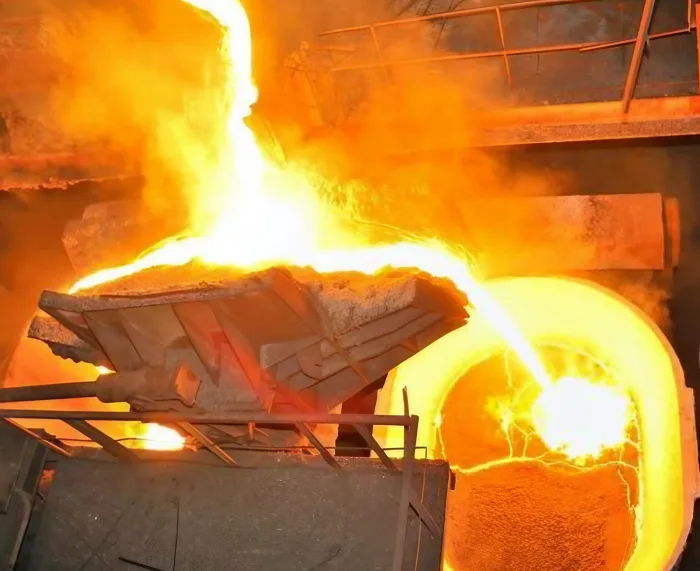
Advantages of Nickel Based Alloys in Investment Casting
Investment casting has been an ancient metalworking process,but it has seen modern innovations that make it a highly desirable method for manufacturing precisio...
-
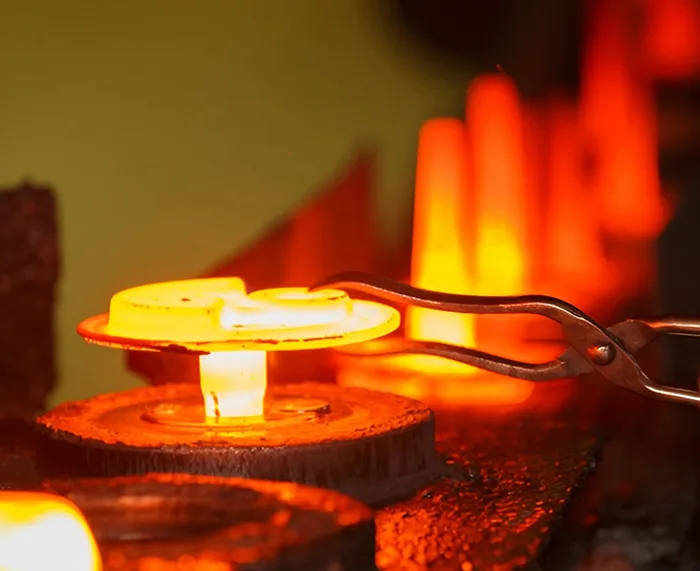
Why Investment Casting Is Crucial In the Aerospace Industry
Investment casting, also known as lost-wax casting, is a process that involves creating a wax model of the desired part, coating it with a ceramic material, and...
-
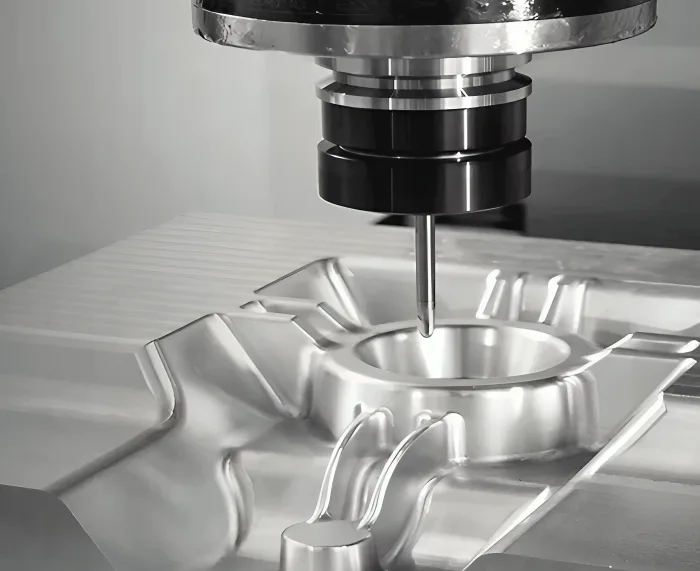
How important is temperature when you are Die Casting
Temperature control is a critical factor in die casting. The mechanical properties of the alloy, such as tensile and yield strengths, are negatively affect
-
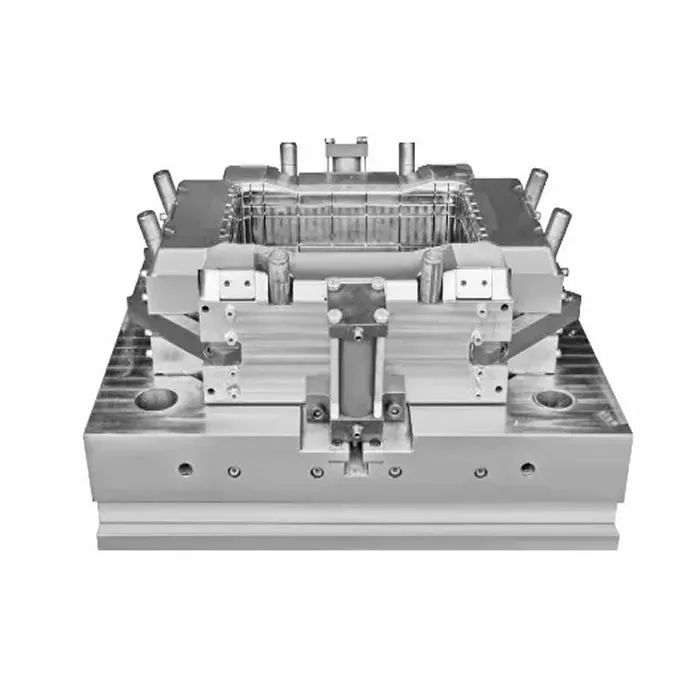
Common problems, causes and solutions of die casting mould
1. Ejector Pin IssuesCommon Issues:Ejector pin jams or breaksPointed position of the ejector pinMaterial build-up at the ejector pin siteDeep or excessive
-
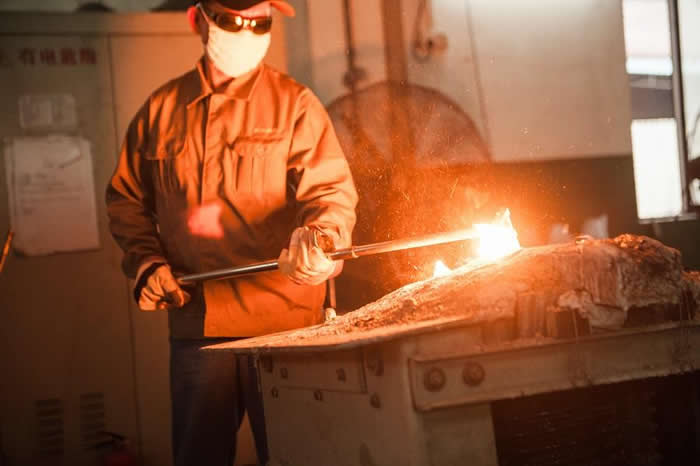
The Mechanical Property Of Stainless Steel Precisoin Casting Is Higher Than That Of Cast Iron
The mechanical property of stainless steel precision casting is higher than that of cast iron, but its casting property is worse than that of cast iron. It has ...
-
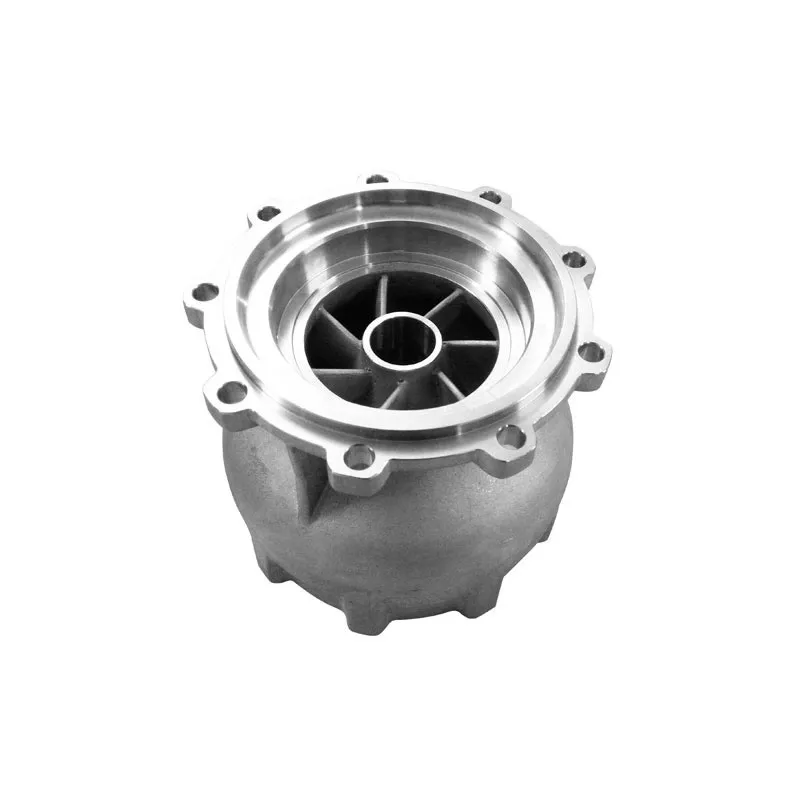
Working Principle and Characteristics of Die Casting Technology
Die-casting technology is the process of organically combining and applying three production elements of die-casting, namely, die-casting alloy, die-casting die...

